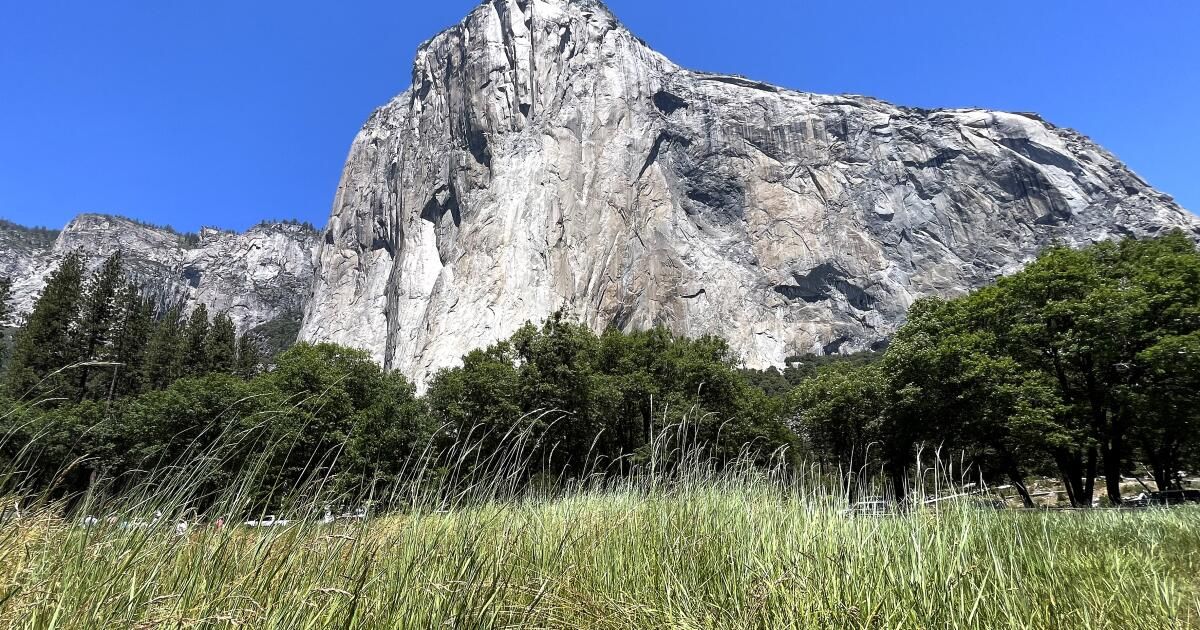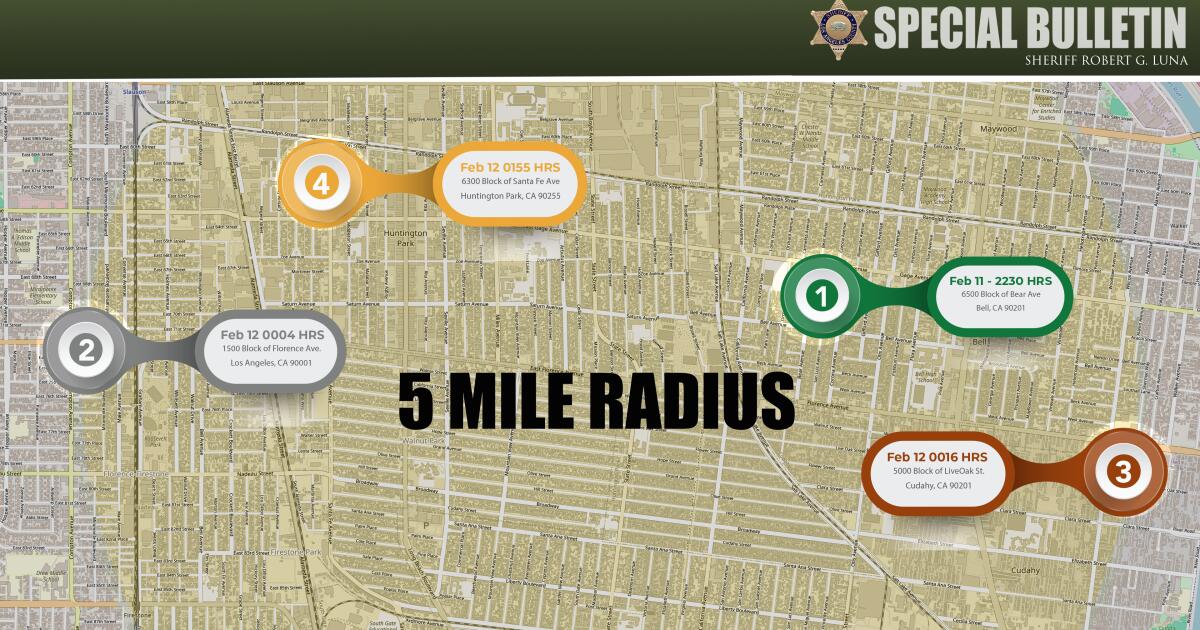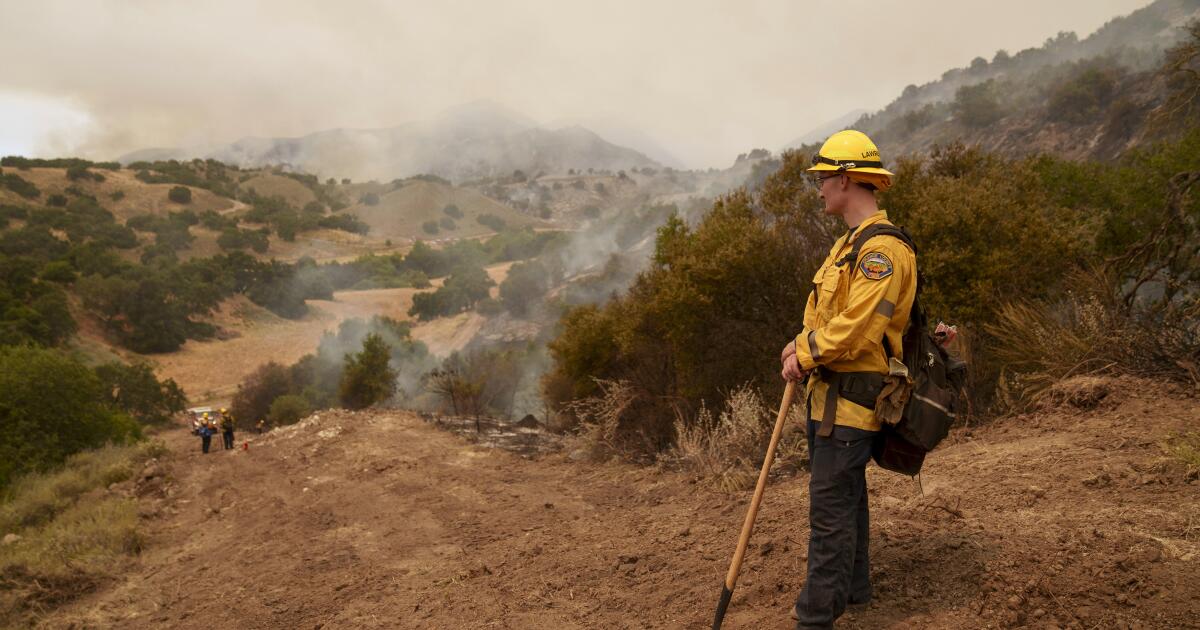A federal jury found a 39-year-old professional climber guilty of aggravated sexual assault of a woman in Yosemite National Park.
Charles Barret was found guilty of repeatedly raping a woman in August 2016 while he was working and living in the national park, the U.S. Attorney's Office announced in a news release. A jury reached a unanimous decision Tuesday after a seven-day trial in federal court in Sacramento, finding Barret guilty of two counts of aggravated sexual abuse and one count of abusive sexual contact.
He is scheduled to be sentenced on May 21 and faces a maximum penalty of life in prison and a $250,000 fine, according to the U.S. Attorney's Office.
In an email, Barret’s attorney, Timothy Patrick Hennessy, relayed a message from his client that said: “I have been wrongly convicted. “I will continue fighting to clear my name.”
Prosecutors said Barret would travel around the country to pursue rock climbing, visiting different regions depending on the season. Barret's defense attorneys said he was a sponsored climber and well-known in the climbing community.
The government's case described Barret as aggressive and violent toward his former associates and others.
On the night of the attack, he invited his victim to watch a meteor shower in a remote area of the park, where he strangled and raped her, according to court documents.
Fearing further harm, she did not attempt to flee and was repeatedly sexually assaulted over that weekend, according to prosecutors.
After freeing the woman, Barret told her in a text message that he wanted to see her again. But she told him that he had raped her and that she never wanted to see him again. Barret denied raping the woman and wrote in a later message: “Can we be friends? I miss you.”
She responded: “I find it hard to be friends with guys who rape me.”
He continued to send her messages about the assault, according to prosecutors, but she did not report the incident until April 2020. Within days of going to police, she began receiving mysterious text messages and phone calls from an unknown number, as if Barret knew he had spoken to authorities, court documents show.
In a separate series of text messages, Barret wrote to several friends that he planned to kill the twin daughters of a park ranger who had previously pulled him over for driving under the influence “because [the ranger] spoiled [his] life,” according to court documents.
He also told his friends that he had a .44 magnum and a .45 caliber firearm. He then wrote to her friends that he would “die with her,” but it was unclear who he meant, and then said he was going to prison for the rest of his life and had nothing to live for, according to court records. show. It wasn't until years later that Barret admitted to investigators that she was afraid she would face prison time if her victim told authorities about the rape.
About a month after the assault, he retreated into the woods in the Tuolumne Meadows portion of Yosemite and was threatening to kill himself when he was detained, a federal agent testified. Barret told officers that he had loaded firearms and refused to come out of the woods, but he was eventually taken to a medical center in Fresno and placed on psychiatric hold for evaluation, according to court records.
At the time, authorities were unaware of the sexual assault. Barret was later released.
During their investigation, federal agents discovered that Barret stalked his assault victim and spread false information about her at a restaurant where she was trying to find work in 2019. Barret also took to Instagram around that time and compared himself to Johnny Depp, claiming that suing his victims for defamation of character, according to court records.
Barret was arrested in August 2022 in Mammoth Lakes. Government lawyers repeatedly labeled him a flight risk and a danger to his victims.
During his trial, jurors heard testimony from three other women who said Barret sexually assaulted them in a similar manner, but because of jurisdictional challenges those incidents were not part of the prosecution's case against him in the Eastern District of California.
“This defendant used his reputation and physical presence as a climber to attract and intimidate victims who were part of the climbing community. “His violent sexual assaults were devastating to the victims, whom he then threatened in the lead-up to the trial,” the US attorney said. Phillip Talbert said in a statement.
The Times does not publish the names of sexual assault victims unless they do so publicly.
During a jailhouse call with a friend in October 2022, Barret said something would happen to the victims and anyone else he believed had hurt him.
His friend said, “Yeah, well, don't say things like that, that will get you into trouble immediately and even more, and make everyone believe that you are capable of the things they accuse you of. So basically you can't think like that.”
Barret responded, “Well, if I don't get out of here, I have people here that I came in contact with because they put me here with murderers.”
During another jail call, Barret and a friend discussed forging one of the victim's signatures on a note that could undermine her claims against him, prosecutors said.












